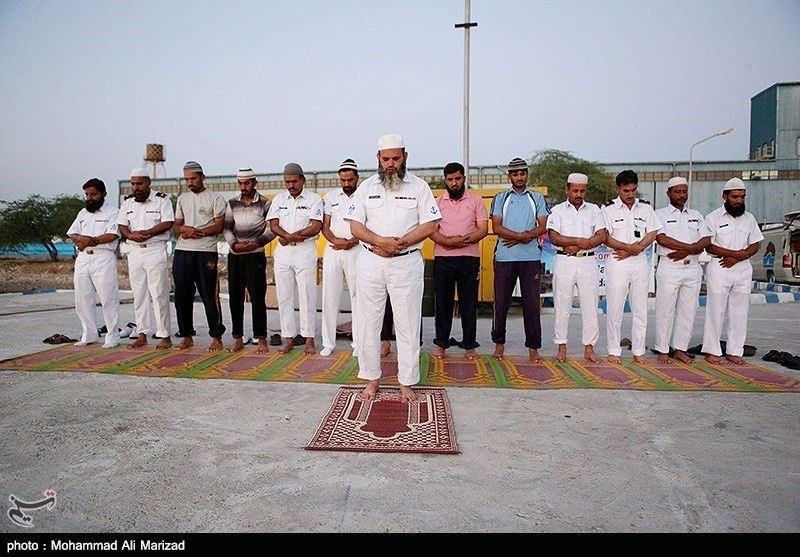
Iran
and Pakistani military forces engaged in a day-long joint naval training
exercise in the Strait of Hormuz and the northern Persian Gulf, demonstrating
their commitment to enhancing cooperation and strengthening relations according
to an Iranian Newspaper Tehran times.
Earlier
this month, Iran announced that the Islamic Republic plans to form new regional
and extra-regional alliances to enhance security. It has named Pakistan among
other countries, including Saudi Arabia, the United Arab Emirates, Qatar,
Bahrain, and Iraq that are eager for collective naval cooperation.
The joint naval drills, which took place
off the coast of Bandar Abbas, involved combat vessels and missile-launching
warships from both the Islamic Republic of Iran Navy and the Pakistan Navy.
The
main objectives of the naval exercises were to elevate the level of training
interactions, promote military relations, and implement bilateral maritime
agreements. Young officers and cadets from both Iranian and Pakistani
navies participated, employing a range of naval tactics and practicing
communication and interaction using various telecommunication systems. Emphasis
was placed on the transmission and reception of messages during sea
emergencies.
Iran and Pakistan have increasingly
intensified their military cooperation, conducting several joint naval
exercises. In June of the previous year, senior military commanders from both
nations discussed plans for collaboration between their navies and air forces.
During the meetings in Islamabad, Iranian
Navy Commander Rear Admiral ShahramIrani engaged with Chief of Naval Staff of
Pakistan Muhammad Amjad Khan Niaziand Chief of Air Staff of the Pakistan Air
Force Zaheer Ahmad Babar. The Iranian
delegation received briefings on the Pakistani Navy's efforts in ensuring
Maritime security and discussed plans for bilateral and multilateral
cooperation.
The commanders explored ways to enhance
cooperation between the navies of Iran and Pakistan, including initiatives such
as training courses and the exchange of delegations. This ongoing collaboration
underscores the commitment to mutual strategic interests in the region.